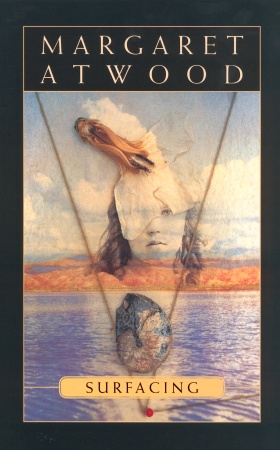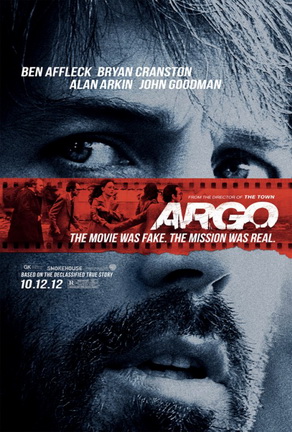
The Iranian hostage crisis in 1979 is something I remember as a young teenager. Newscasts would begin or end with how many days the U.S. diplomats had been held hostage. They were seized on Nov. 4, 1979, after the American Embassy in Tehran was overtaken by Islamic students and militants in support of the Iranian Revolution. I remember the counting of days and the intense religious, revolutionary fervor in Iran under leader Khomeini on TV. I recall the mounting frustration to ultimately get 52 Americans out of there. Ribbons honoring the hostages were placed everywhere and yet negotiations failed and the painful hostage crisis continued for 444 days.
I remember all that but what I don’t really recall is the six U.S. diplomats who evaded capture and were hidden by a Canadian immigration official and the Canadian ambassador. Why I don’t remember that part and how they got out of Iran and back home – I don’t know, the rescue itself was a covert operation — but it was a phenomenal feat.
Decades-old declassified CIA materials have enabled this part of the story to come to the silver screen in the film “Argo.” Director and actor Ben Affleck does a great job in re-creating the whole atmosphere of the crisis, from the utter fear and chaos to the complete danger that the U.S. and Canadian personnel were in. Given that the 6 diplomats in Tehran were being hidden by foreign diplomats, it is likely that they would have been tried and executed as spies.
“Argo” is suspenseful and chilling despite knowing the historical outcome of what actually happened. I couldn’t help but think of the U.S. diplomats who were recently killed at the embassy in Libya. The parallels so close together were eerie and disturbing.
With that in mind, it’s utterly amazing how the U.S. and Canada pulled off a far-fetched plan that faked a movie production in Iran to get the hidden U.S. diplomats out of the country. In the movie, Alan Arkin and John Goodman play funny Hollywood filmmakers who help CIA agent Tony Mendez, played by Affleck, put the plan in motion. Affleck plays Mendez as a cool and calm cucumber (he drinks quite a lot but doesn’t seem to sweat). He always gets his people out he tells the diplomats – if they just do as he says. But hell it’s tooth and nail if the plan will go their way.
“Argo’s” fake movie within the movie makes for a suspenseful and entertaining ride. And it’s nearly impossible not to feel patriotic and good about the ending.
Unfortunately all the details in “Argo” aren’t totally ship-shape. Its premiere at the Toronto Film Festival drew ire because apparently Canada didn’t receive its correct due in the film. “Argo” shows the CIA making the rescue plan and getting them out but not the work the Canadians did, beyond harboring them at the risk of their own lives. The Canadian Ambassador at the time Ken Taylor calls the movie “entertaining,” but says the roles the CIA and the Canadians played aren’t accurately proportioned in it. Affleck actually changed the film’s postscript because of Taylor’s views to reflect that it was a collaboration between the CIA and the Canadian Embassy that freed the six hostages in Tehran. But as for the rest of the film, it was already done and left as it was.
Despite this, the collaboration does come through, and we can thank heavens that Canada is such a close ally, whose officials risked their lives for the U.S., and that the plan worked. The film is definitely a thrilling must-see for this fall movie season.
For further reading on the six hostages, go to Robert Wright’s 2010 book “Our Man in Tehran: The Truth Behind the Secret Mission to Save Six Americans During the Iran Hostage Crisis and the Ambassador Who Worked With the CIA to Bring Them Home.”

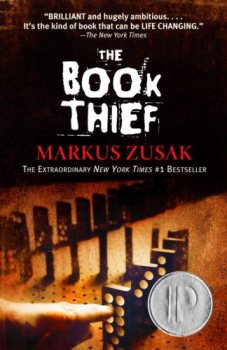



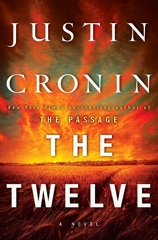
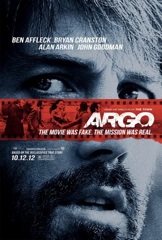
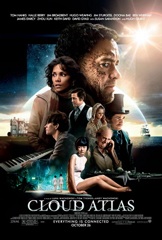
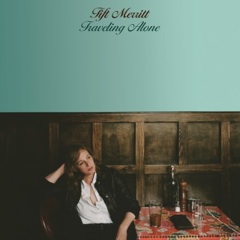


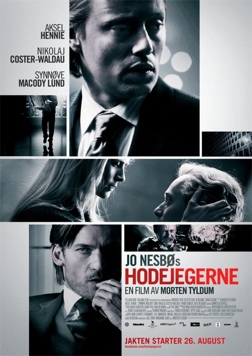


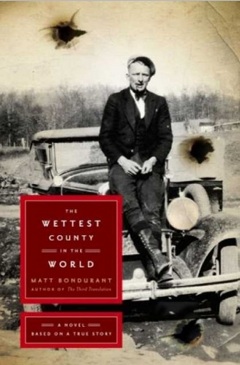

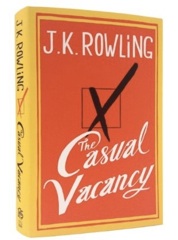
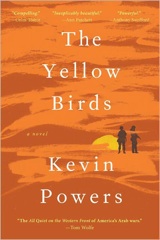
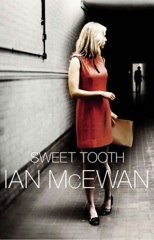
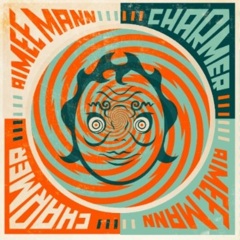
 Enjoying a week on a sailboat on eastern Lake Ontario from the Canadian and U.S. sides. Be back next week … with a rundown on September releases and a review of Matt Bondurant’s “The Wettest County in the World.” Cheers and Bon vent!
Enjoying a week on a sailboat on eastern Lake Ontario from the Canadian and U.S. sides. Be back next week … with a rundown on September releases and a review of Matt Bondurant’s “The Wettest County in the World.” Cheers and Bon vent!